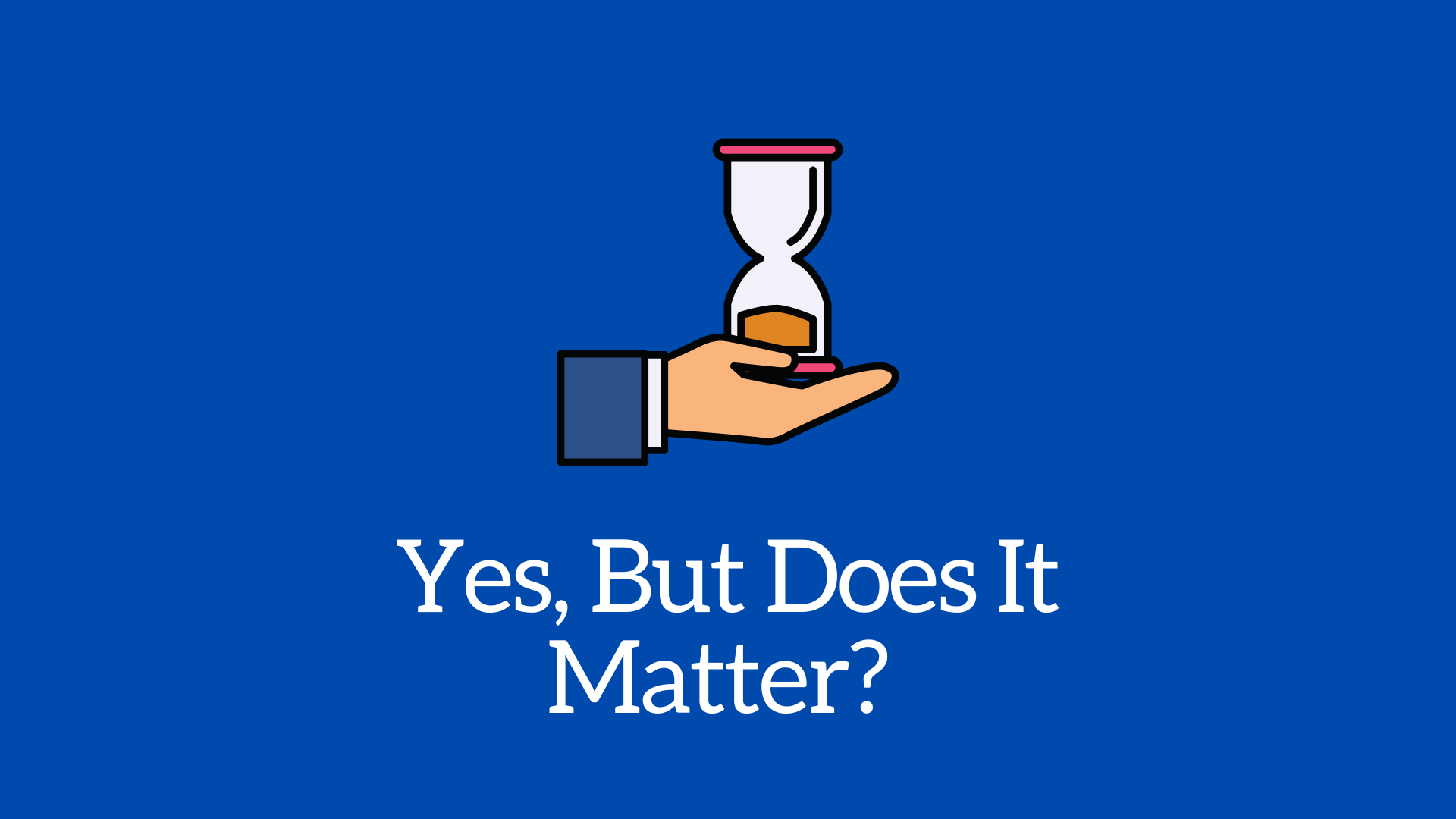The alarm is ringing. A deadline is coming up. Or worse, has already passed. Gasp. We're out of time. We must act quickly and get things done, right? Not necessarily.
Urgency is often mistaken for importance. If what's due (or overdue) is unimportant, then who cares? Maybe it's part of an already scrapped plan. Maybe it should've never been committed to in the first place. Whatever the case, to effectively manage our days, we need to get clear on our priorities.
There are endless opportunities and problems; ideas and complaints. But there's only so much sand in our hourglass.
Urgency is a factor to consider, but it's unhelpful on its own. We need to pair importance. If something is important and urgent. Do it! Stop reading this and do it now!
But if it's urgent but not important, then why bother? Seriously, why would you do something that is not important?
For things that are important but not urgent, schedule them. Have a plan so you don't turn it into an emergency.
It's not always easy define and align on importance. Folks can have different views. Explain your reasoning and listen to those of others. Work in a transparent and open fashion so everyone knows what's important and what's not. This is the foundation of effective prioritization.


Comments
Post a Comment